[dropcap]K[/dropcap]enya is set to start manufacturing organic fertilizer from water hyacinth after the Kenya Industrial Training Institute (KITI) signed a memorandum of understanding with HyaQuip, an organic fertilizer manufacturing company.
In the MoU, KITI will provide training to at least 5,800 students in the art of liquid organic fertilizer production as well as implementing the training programme with HyaQuip offering technical training skills and knowledge.
Speaking during the signing of the MoU, KITI director Peris Adema said that the 14 day training will involve equipping the trainees with skills on how to manufacture liquid organic fertilizer as well as facilitating them in creating cottage industries to produce the organic fertilizer through cooperative societies.
“KITI will provide training facilities to the students as well as implementing the training programme while HyaQuip will step in with the technology part of the training,” said Ms Adema
HyaQuip intends to open at least 500 organic fertilizer manufacturing cottage industries across the country in the next five years.
‘’After training them we will work with them through cooperative societies so that we may facilitate them in setting up cottage industries to manufacture liquid organic fertilizer using water hyacinth,” said Mwaura.
HyaQuip Director Simon Mwaura said that the production of organic fertilizer from water hyacinth will greatly reduce the cost of agriculture production in the country owing to the low cost of liquid organic fertilizer.
RELATED
> Where a kilo of hyacinth sells at Sh225
> Kisumu set to get a water hyacinth factory
According to Mwaura, a five-litre can of organic liquid fertilizer made from water hyacinth costs kshs 1000 and can be enough for use on a 6.5 acre piece of farm something he said will lower the cost of production for farmers.
Mwaura noted that the setting up of the organic fertilizer producing industries will have huge socio economic impacts on the society around the lakes because it will create jobs for many people.
“Once the industries are set up they will create thousands of jobs to our people. Suppliers of the water hyacinth will benefit, those manufacturing the fertilizer will benefit, those supplying and selling the fertilizer will benefit and most importantly our lakes will be clean,” said Mwaura.
READ: Plastic bottles dilemma offers key lessons
Apart from using water hyacinth to produce organic fertilizer, the company also uses sawdust, rice husks, maize stocks and cobs and coffee husks in producing liquid organic fertilizer.
Kenyan fresh water lakes are chocking with effects of rapid growth and spread of water hyacinth which has hugely affected fishing activities with the government seemingly unable to control the spread of the weed.
Among the lakes affected with the deadly weed are Lakes Naivasha, Victoria and Baringo. According the United Nations at least 30% of all fresh water lakes in the world are covered with water hyacinth.








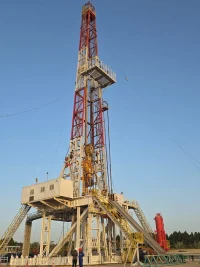
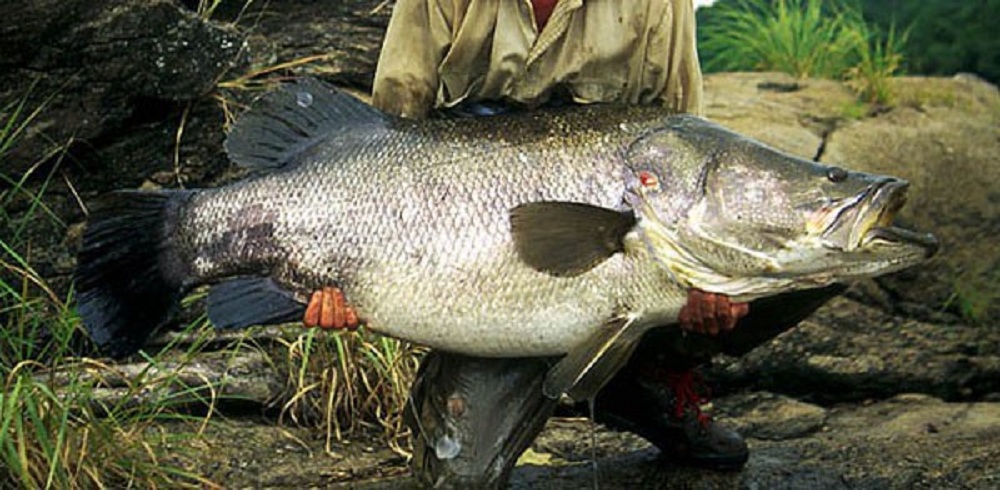
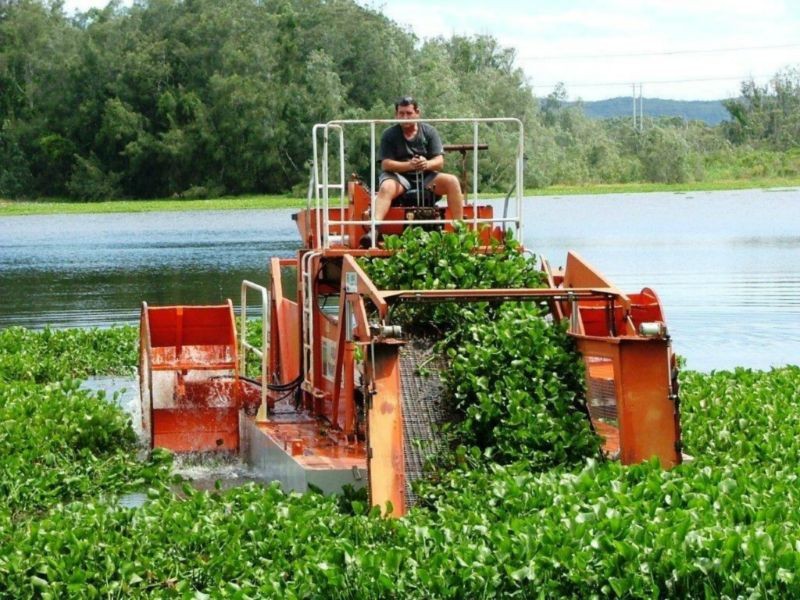
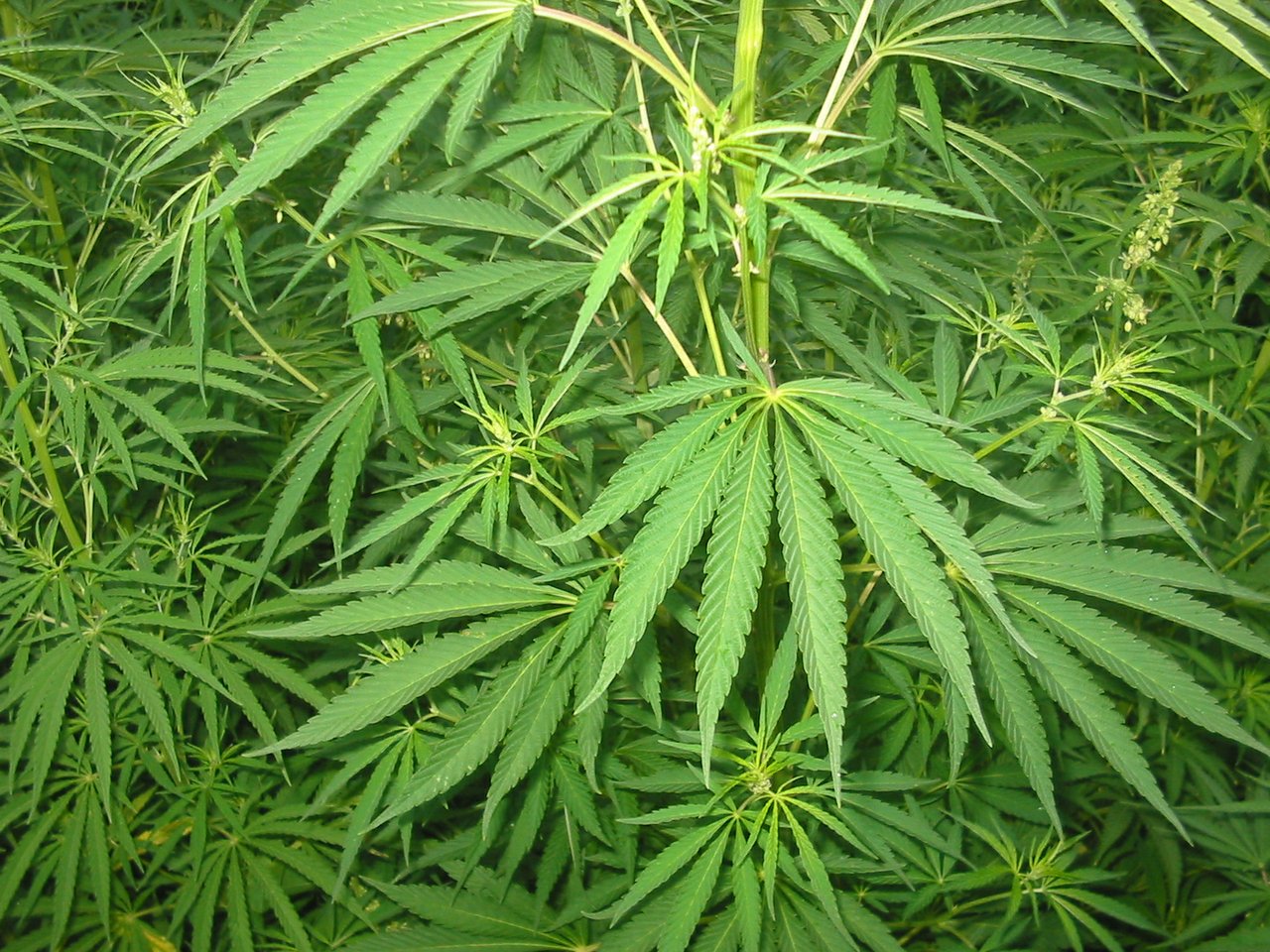
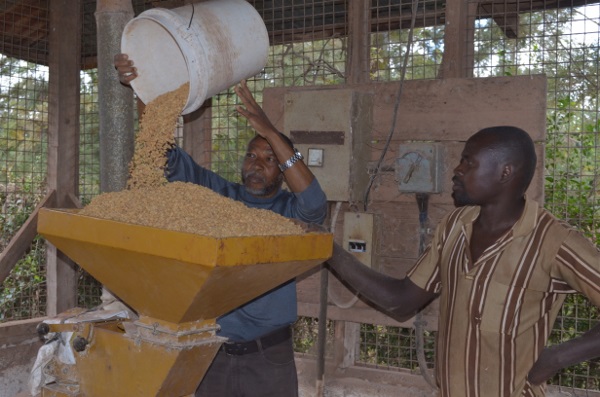
Leave a comment